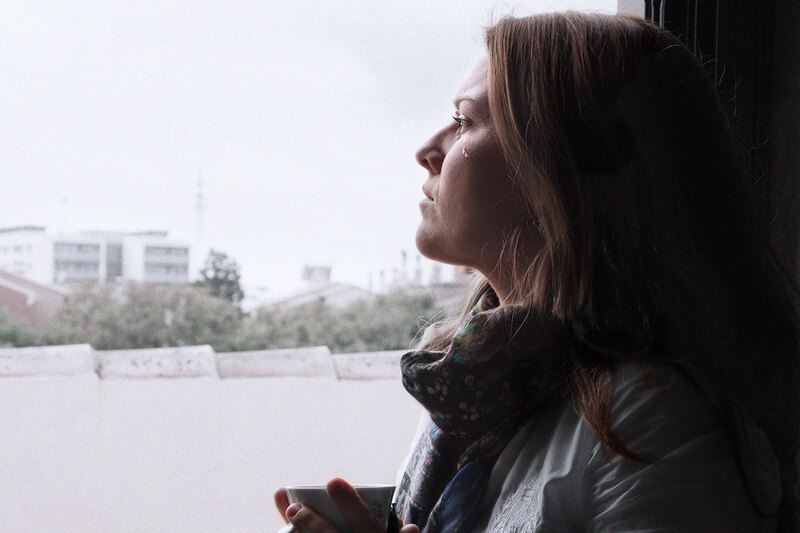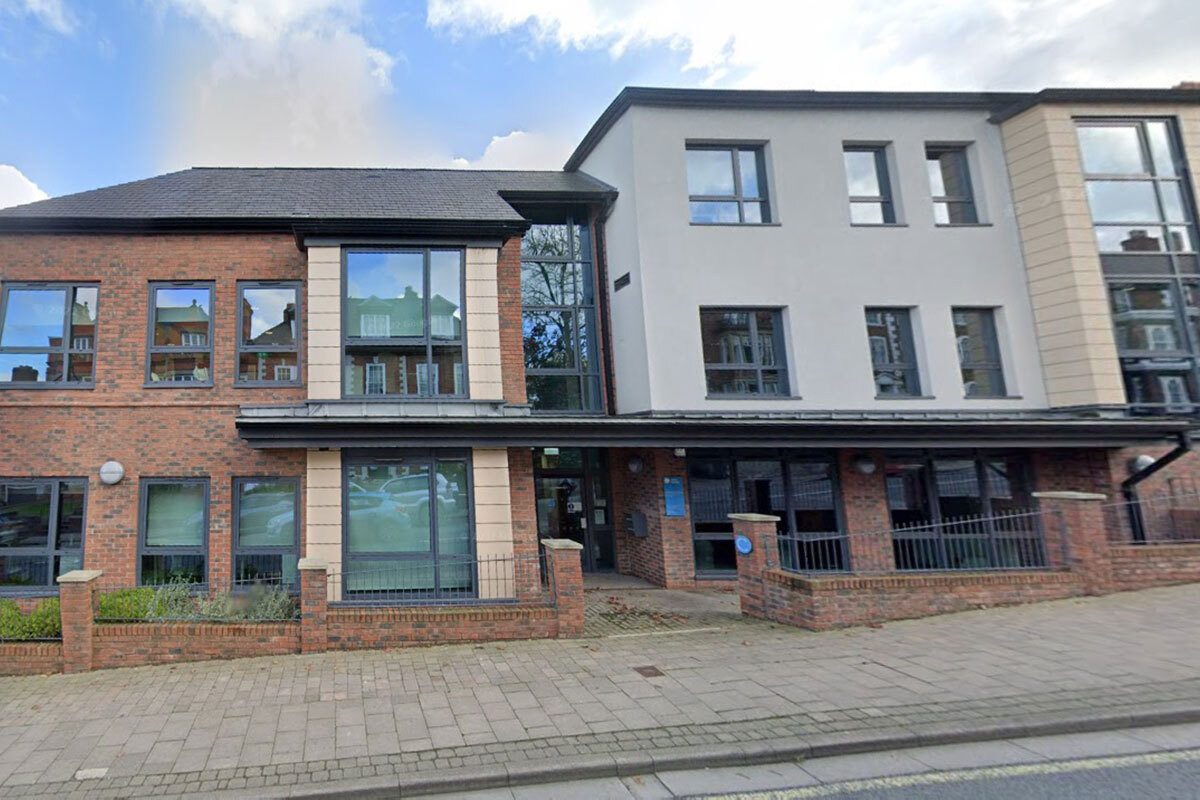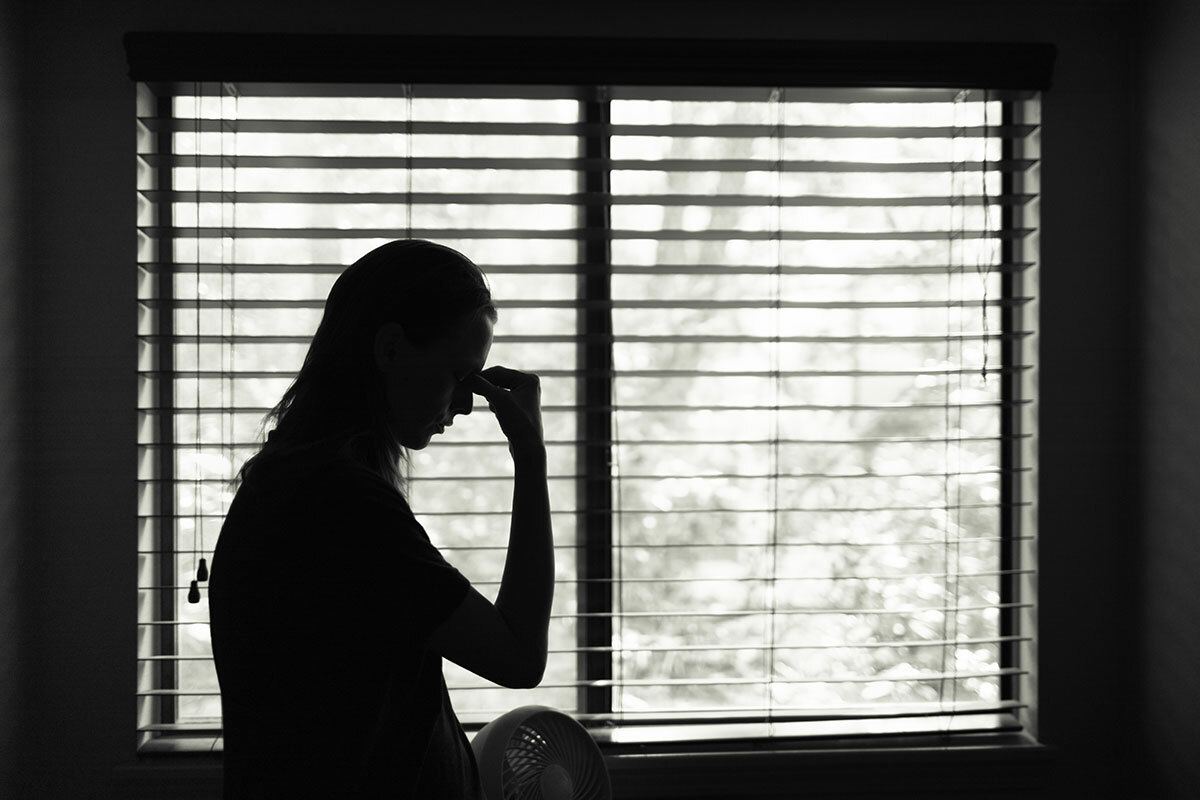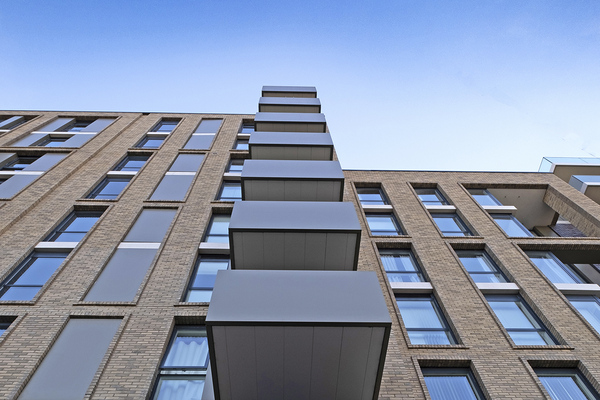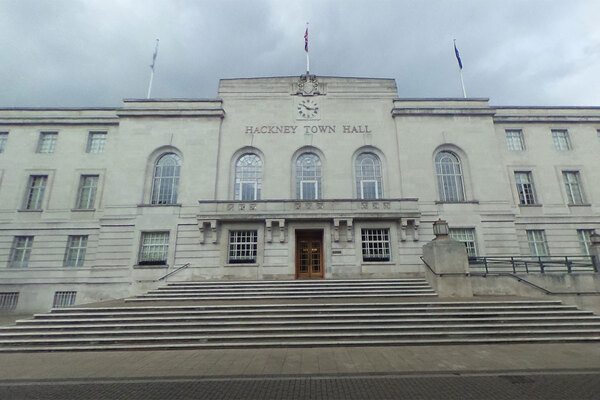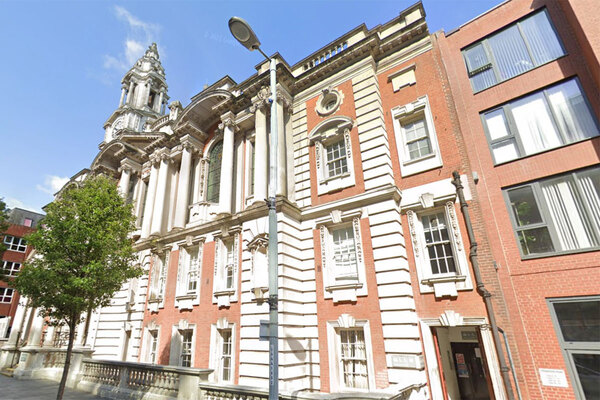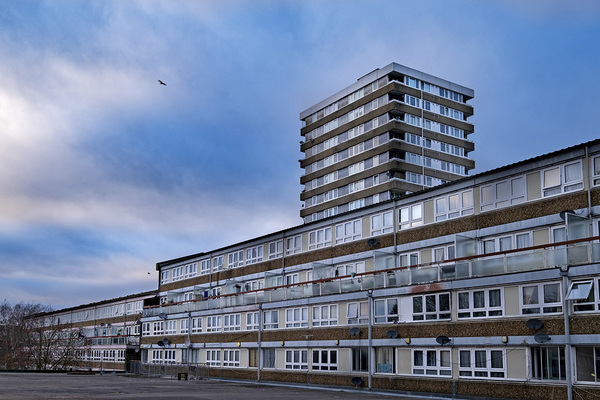You are viewing 1 of your 1 free articles
More than 15,000 households fleeing domestic abuse across England denied access to safe housing
More than 15,000 households fleeing domestic abuse across England were denied support at safe accommodation sites in 2022-23 due to lack of capacity or an inability to meet the household’s needs, government data shows.
Figures published by the Department for Levelling Up, Housing and Communities (DLUHC) revealed that 9,820 households were denied support at safe housing commissioned by local authorities due to capacity constraints.
At the same time, a further 5,610 households were denied support because the provider could not meet their specific needs.
The most common needs that providers could not meet were households with no recourse to public funds (NRPF) due to their immigration status, mental health support needs, and issues with family size or children’s ages.
Some of the 15,000 households that were denied support may have subsequently been able to find support from a different provider – the figures do not split these cases out.
The figures do not provide information on the genders of those denied support, but 96% of adults who were able to secure safe accommodation support were classified as ‘female adults’, with most of the remainder being ‘male adults’ and the remainder trans or non-binary.
The data is based on information supplied by 117 of the 120 ‘upper tier’ local authorities in England in 2022-23, with Greater London counted as a single authority. The figures were collated to monitor progress under the Domestic Abuse Act 2021. Part 4 of the act imposes duties on councils in relation to survivors of domestic abuse.
“The Domestic Abuse Act 2021 was a landmark piece of legislation which places a legal duty on local councils to fund domestic abuse support in safe accommodation,” said Isabella Lowenthal-Isaacs, senior policy and practice officer at Women’s Aid.
“Yet, as this data highlights, a considerable number of women continue to be turned away from the support they need due to a lack of capacity or an inability to meet the individual’s specific needs.
“Women’s Aid estimated that 62% of referrals to refuges (a total of 16,847) were declined in 2021-22. The main reason why referrals to refuge services were rejected was a lack of space or capacity, with 26.2% of rejected referrals being for this reason.
“These figures for declined referrals are unlikely to tell the whole story of demand. There are likely to be survivors who could have benefited from accessing domestic abuse services but were never referred because the referring agency already knew that the service was over-subscribed or full, or that it was not resourced to support women with specific needs (for example, needs around drugs and alcohol use, needs around a mental health diagnosis).
“In addition, many survivors do not reach out for support or will delay doing so for a long time, or they are prevented from doing so by a controlling perpetrator(s).
“As this data shows, despite the new duty, specialist refuges continue to lack the funding needed to adequately support survivors to rebuild their lives and tackle domestic abuse. We continue to support the Department for Levelling Up, Housing and Communities to improve the delivery of the new Part 4 duties, and more accurately evaluate its implementation.”
Figures for 2021-22 showed that around 11,000 households were denied support due to capacity constraints or an inability to meet the household’s needs that year, but because far more councils provided data for 2022-23 than the year before, the figures for the two years are not comparable.
The latest data also covers the availability of so-called ‘by and for’ services – domestic abuse services run by and for survivors with certain characteristics, such as people from ethnic minorities and disabled people.
The government wants to encourage the development of such services, but the figures for 2022-23 show how much progress has still yet to be made.
Across the whole of England, there are only around 90 ‘by and for’ specialist services for domestic abuse survivors – 60 for ethnic minorities, 10 for disabled people and 20 for LGBTQ+ survivors. There are no ‘by and for’ services for disabled people or LGBTQ+ people anywhere in the North East, the East of England, or across the entire Midlands.
Leni Morris, chief executive of LGBT+ anti-abuse charity Galop, said: “There is a serious lack of specialist LGBT+ accommodation in this country that meets the needs of victims and survivors of abuse. Lack of provision across England means that already stretched services often work outside of their location and beyond their capacity to try and help victims – all while under increasing pressure to secure funding.
“Our research shows that 81% of LGBT+ people experiencing domestic abuse are doing so in parts of the country where there are no specialist LGBT+ services. The system is not sustainable and leaves LGBT+ abuse victims at risk of exploitation, street homelessness or staying in dangerous abusive situations.
“Accessing high-quality, safe accommodation should not be a postcode lottery. It’s time the government used this data to provide dependable, long-term funding for specialist abuse services so that no victim of domestic abuse is left without support, no matter where they live or who they are.”
A DLUHC spokesperson said: “We are committed to providing support for victims of domestic abuse and have given local authorities over £375m in the last three years to implement their statutory duties – including safe accommodation and support services.
“While the number of families supported into safe accommodation in 2022-23 has increased, we know there is still more to do.”
DLUHC added that it had been working with Women’s Aid, the specialist ‘by and for’ sector and councils to explore ways of improving the offer of specialist ‘by and for’ services across England.
Sign up for our care and support newsletter
Already have an account? Click here to manage your newsletters
